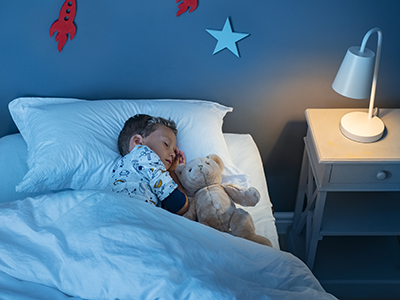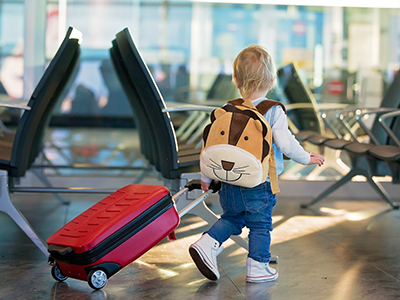Getting children to bed can be difficult enough, but with Daylight Saving Time starting Sunday, parents may find getting kids to sleep at an appropriate time extra challenging.
The impact of Daylight Saving Time
The loss of one hour of sleep has a significant impact on everyone, but it can affect each child differently. It’s harder for some children to control their emotions and attention and adapt to the change, especially children who either have physical or mental health problems, or live in complex situations.
Your child might be a little fussier, more irritable or have more trouble paying attention to homework for several days and possibly even for a full week.
Sleep is important, but the adjustment of internal body clocks is also important.
What parents can do
Here are five tips to help minimize the impact of Daylight Saving Time:
- Have children sleep on a regular schedule and increase a child’s total sleep time by 15 to 30 minutes to be assured children are getting good quality sleep leading up to the time change.
- Gradually shift naps and bed times one to two days in advance of the time change to help children adjust to a new sleep routine.
- Be aware and supportive of children as they adjust to a time change. Understand that the impact may not be immediate and that children could be irritable later in the week.
- Turn off electronic media within a half hour of bedtime.
- Eliminate afternoon naps longer than 20 minutes for adolescents.
 https://riseandshine.childrensnational.org/wp-content/uploads/2023/03/teen-sleeping-with-computer-feature.png
300
400
Rise and Shine
https://riseandshine.childrensnational.org/wp-content/uploads/2017/11/childrens_riseandshine_logo.jpg
Rise and Shine2023-03-09 15:18:342023-03-09 15:25:03Help! My teen’s sleep schedule is off
https://riseandshine.childrensnational.org/wp-content/uploads/2023/03/teen-sleeping-with-computer-feature.png
300
400
Rise and Shine
https://riseandshine.childrensnational.org/wp-content/uploads/2017/11/childrens_riseandshine_logo.jpg
Rise and Shine2023-03-09 15:18:342023-03-09 15:25:03Help! My teen’s sleep schedule is off


 Daniel S. Lewin, PhD, DABSM is a pediatric psychologist, sleep specialist and licensed clinical psychologist. He is Board Certified in Sleep Medicine and Behavioral Sleep Medicine.
Daniel S. Lewin, PhD, DABSM is a pediatric psychologist, sleep specialist and licensed clinical psychologist. He is Board Certified in Sleep Medicine and Behavioral Sleep Medicine.


















Leave a Comment
Want to join the discussion?Feel free to contribute!